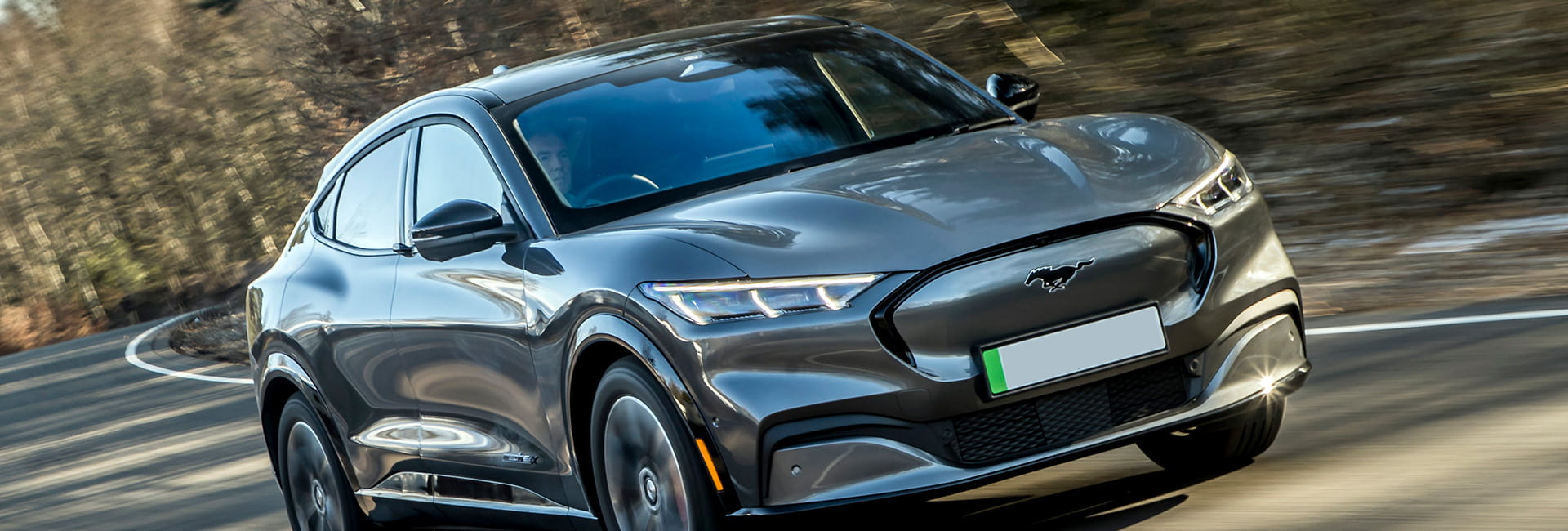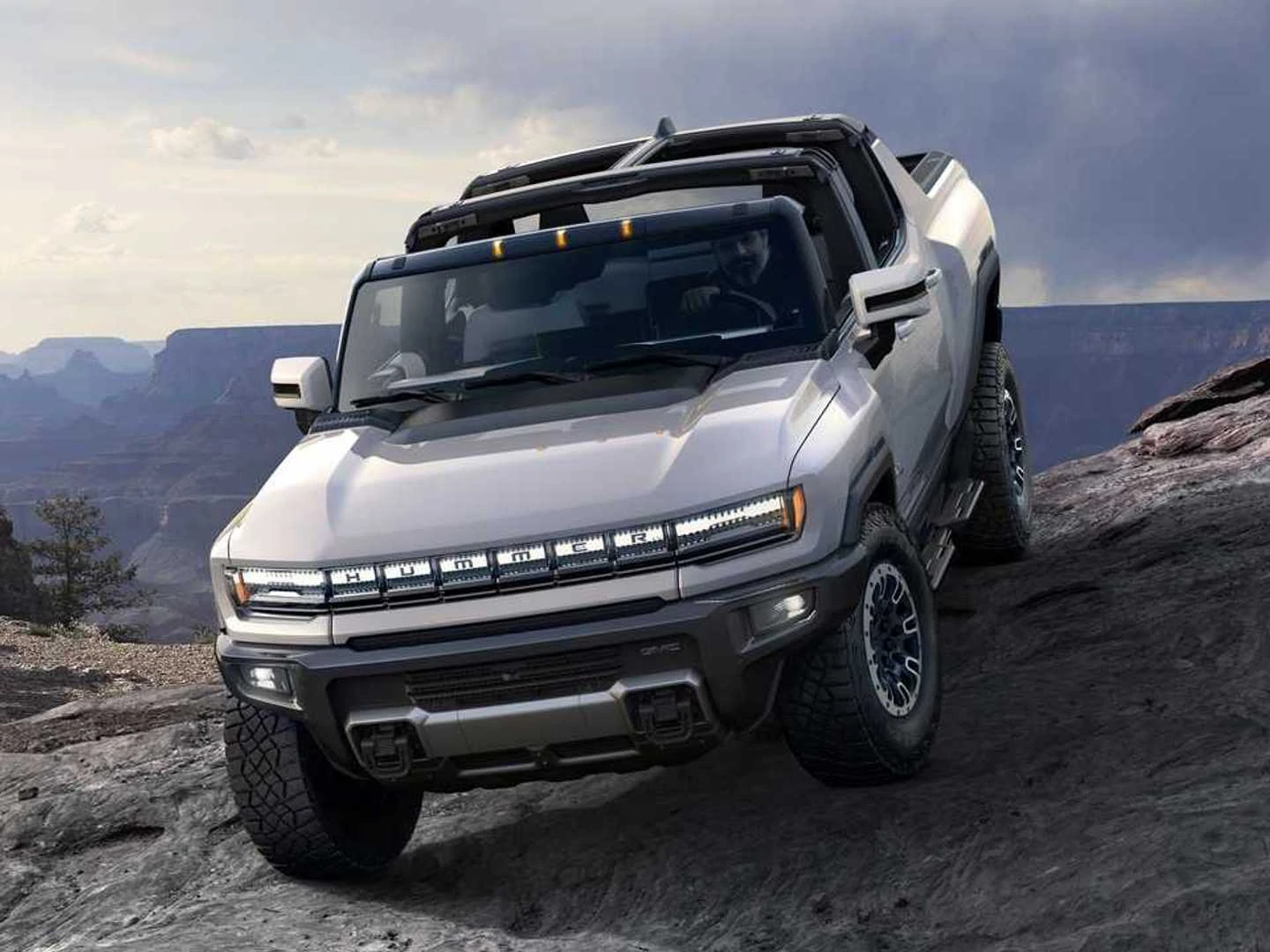Economy and business
China takes US to WTO over electric car subsidies

The trade war between China and the United States over electric vehicles is not subsiding. As a reminder, the Asian powerhouse opened hostilities in March by filing a complaint with the World Trade Organization (WTO) against the U.S. grand climate plan (“Inflation Reduction Act,” abbreviated to “IRA”), adopted in 2022.
This includes a massive aid program to support companies in the energy transition sector and electric cars manufactured on U.S. soil. China is critical of this. In its view, this U.S. law “establishes as a prerequisite for obtaining subsidies that products come from specific regions, such as the U.S.” and “excludes products from China,” as the Chinese Ministry of Commerce complained on Monday.
“No matter how much you try to package and embellish this law, you cannot change the discriminatory, protectionist, and WTO-violating nature of the subsidies under this text,” he stressed. He added, “We again urge the United States to comply with WTO rules and stop abusing industrial policies to undermine international cooperation on climate change.”
Negotiations between the two countries have broken down as a result of this complaint. But China does not want to leave things as they are. It has therefore asked the WTO to “set up a panel of experts” on the issue, the Chinese Ministry of Commerce indicated on Monday. A new procedure will then be initiated, with no further details at this time.
U.S. does not skimp on subsidies
For its part, the United States has always defended itself against Beijing’s accusations about its climate plan. Last March, U.S. Trade Representative Katherine Tai countered that the IRA “allows [the country] to seriously address the global climate crisis and invest in American economic competitiveness.”
“It is our contribution to the clean energy future that we collectively seek with our allies and partners,” she stressed.
Last week, the U.S. government announced $1.7 billion in grants to the automotive sector under this program to enable it to develop production lines for electric vehicles, as well as parts and components such as batteries. The money will go to about ten factories in eight different states, notably Georgia, Michigan and Pennsylvania, that have closed or are in danger of closing. The goal is to convert them to the production of electric vehicles or parts for these vehicles, which is expected to save or create 15,000 jobs, according to a White House press release.
“These investments will create thousands of good-paying jobs and keep even more by helping companies in the industry adapt their manufacturing facilities and rehire in the same plants and communities,” said President Joe Biden.
This announcement is in line with the White House’s desire to strengthen electric vehicle production in the United States, particularly by protecting the industry from what it sees as unfair competition from China. But it is also part of the re-election strategy of the outgoing president, whose fate will depend in particular on these industrial states, which have historically suffered from deindustrialization.

Much wider debate
The United States and China are at odds over a number of trade-related issues at the same time as this WTO dispute. U.S. officials have been blaming Chinese overproduction in a number of sectors for several months, claiming that the country’s large product dumps at low prices on international markets, especially the U.S. market, pose a threat to domestic industries.
Against this backdrop, the U.S. government has dramatically increased tariffs in a number of targeted sectors, including semiconductors, medical products, solar panels, and electric vehicles. The latter have increased from 25 percent to 100 percent, although virtually none are currently sold in the United States. Authorities seem intent on protecting themselves from future Chinese imports and allowing the U.S. automotive sector to complete its conversion to these types of vehicles.
These fears are also shared on the Old Continent. Since the beginning of July, the European Commission has imposed additional customs duties on Chinese electric car imports as a precautionary measure—up to 38 percent more, according to manufacturers. Brussels believes that Chinese electric car prices are artificially low due to subsidies granted by Chinese authorities, which it says are leading to unfair competition. In response, China has threatened to take the EU to the WTO. With both the U.S. and the EU-27, the trade war shows no sign of abating. calmer.






